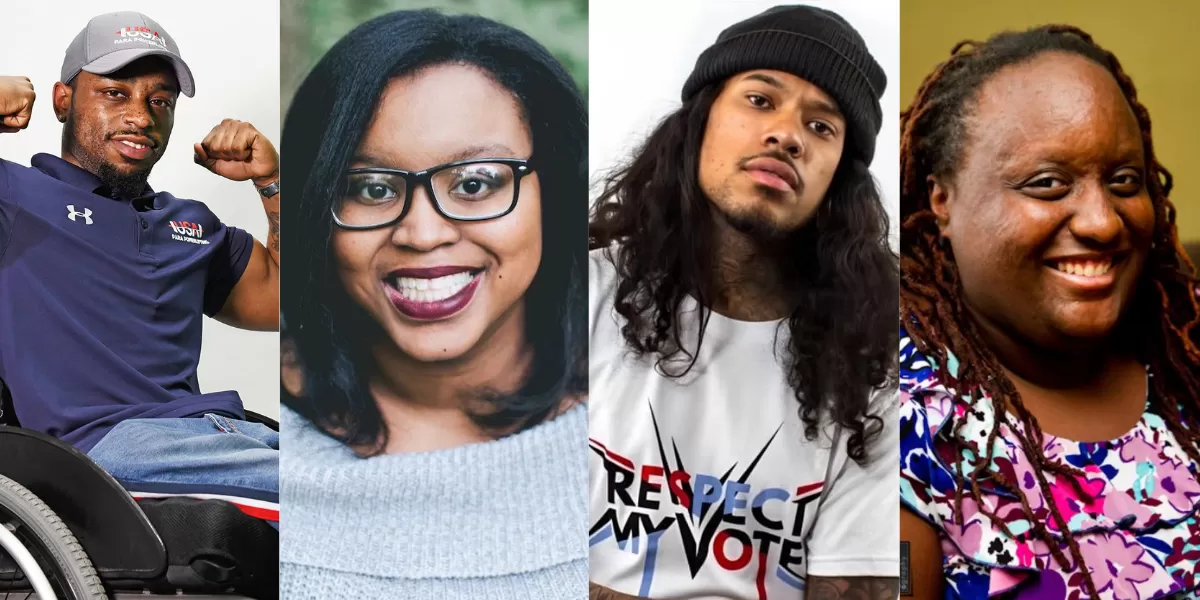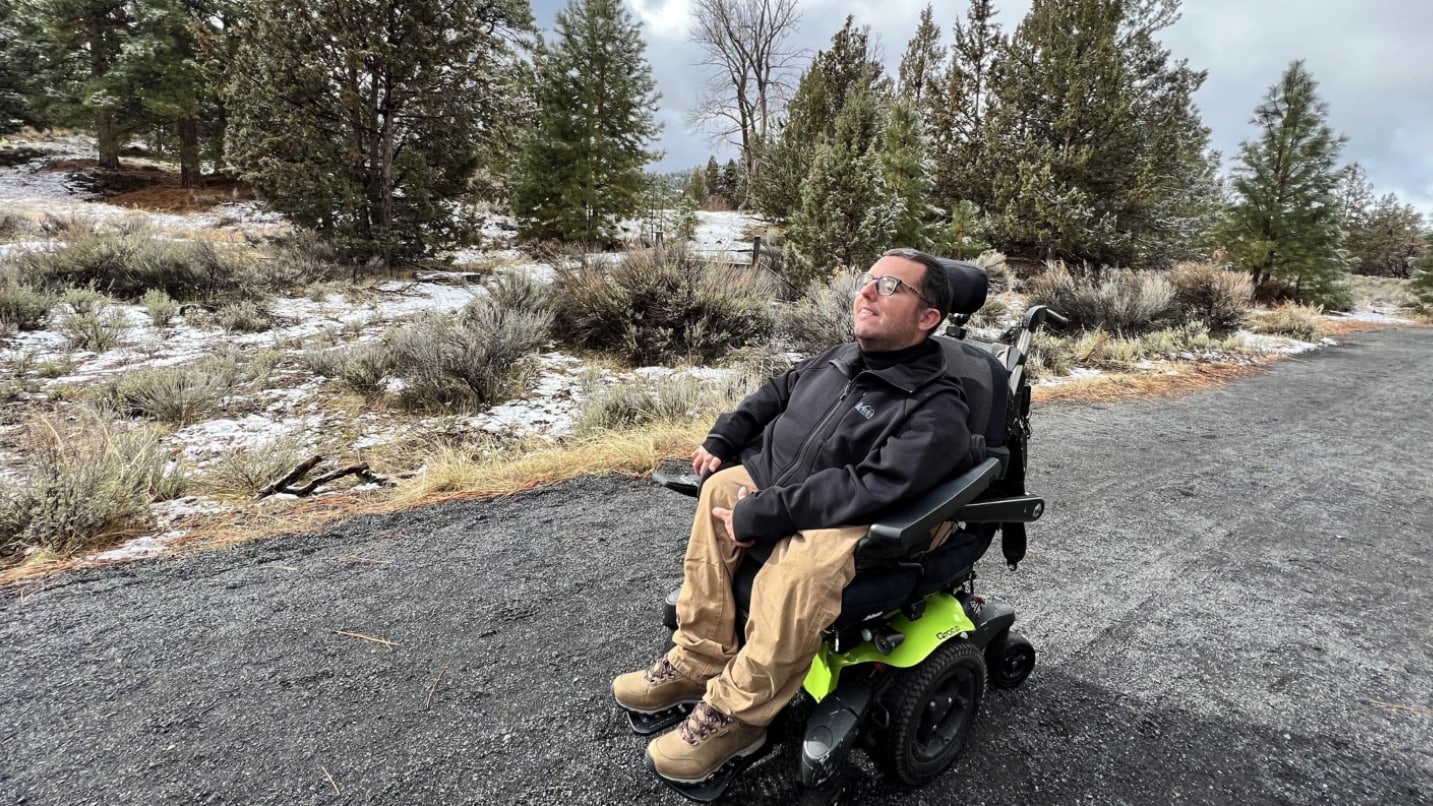Entertainment
Beyond Awareness: Disability Influencers Making a Real-World Impact
Manon 29/11/2024
Entertainment
Manon 29/11/2024

Advocacy for disability rights has entered a new era, thanks to the rise of social media platforms like Instagram and TikTok. These platforms have given a voice to disability influencers who challenge outdated stereotypes, raise awareness about accessibility, and push for inclusivity. By sharing personal experiences and promoting systemic change, these creators amplify the voices of disabled individuals and foster empathy on a global scale. Their efforts are not just reshaping attitudes but also driving tangible improvements in industries like fashion, travel, and public policy.
Social Media: A Game Changer for Disability Advocacy
In previous decades, advocating for disability rights often took place through protests, legislation, or within tightly knit activist communities. Today, platforms like Instagram and TikTok allow advocates to reach millions, enabling their messages to resonate far beyond traditional activism channels.
Disability influencers use these platforms to share their everyday experiences, expose barriers, and demand societal changes in ways that are both relatable and impactful. For example, Annie Segarra (@annieelainey) has used Instagram to campaign for greater representation of disabled individuals in fashion. By showcasing adaptive clothing and inclusive brands, she pushes for a more equitable industry. Similarly, on TikTok, creators such as Christiaan Van Vuuren bring humor and storytelling to their advocacy, making it easier for audiences to engage with important but often overlooked issues.
The Tangible Impacts of Disability Influencers
Driving Inclusivity in Fashion
The fashion world has experienced significant changes due to the efforts of disability influencers. Adaptive clothing, designed to accommodate various physical needs, is gaining recognition and demand. Influencers like Jillian Mercado, a model living with muscular dystrophy, collaborate with prominent brands such as Tommy Hilfiger and Gucci to ensure that inclusivity becomes a core value in fashion design. Through their work, they spotlight the importance of clothing that is both stylish and functional for all individuals.
Enhancing Accessibility in Travel
The travel industry, often criticized for its lack of accessibility, is also undergoing transformation. Disability influencers like Cory Lee (@curbfreecorylee) document their travel experiences, shedding light on challenges such as inadequate accommodations and inaccessible attractions. By highlighting these issues, they encourage businesses to adopt inclusive practices, making travel more enjoyable for everyone, regardless of ability.
Advancing Public Policy and Awareness
Beyond fashion and travel, social media campaigns led by disability influencers have sparked larger conversations about infrastructure and policy changes. Hashtags like #AccessibleIsCool and #DisabilityPrideMonth raise awareness of the ongoing need for universal design in workplaces, public spaces, and transportation systems. By mobilizing their followers, these influencers turn online engagement into real-world action.
Challenges Faced by Disability Advocates Online
Despite their successes, disability influencers face numerous obstacles. Social media platforms often prioritize content that appeals to mainstream audiences, making it difficult for niche advocates to gain visibility. Additionally, these creators frequently encounter harassment or are subjected to tokenism, where their contributions are acknowledged but not fully valued. The pressure to represent the diverse needs of the entire disability community can also be overwhelming. However, their resilience and determination continue to drive meaningful progress and inspire others to join their cause.

Disability influencers on platforms like Instagram and TikTok are transforming how disability is perceived and discussed, proving that social media can be a powerful force for advocacy. Their work has reshaped industries like fashion and travel while highlighting the need for systemic improvements in accessibility and representation. These creators remind us that true inclusivity benefits society as a whole.
As advocate Annie Segarra eloquently states, "Representation is not the end goal—it’s the beginning of systemic change." By leveraging social media, disability influencers are leading this change, creating a world where accessibility and inclusion are not exceptions but norms. Their voices are paving the way for a future that values and celebrates diversity in all its forms.
